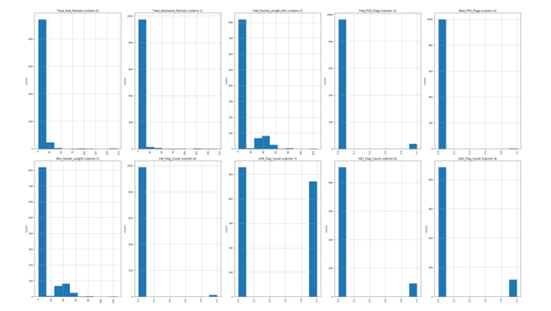Neutrosophic Set and Machine Learning Models for Detection of DoS Attack Resilience
Keywords:
Neutrosophic Set; Uncertainty; Vehicle Networks; Machine Learning; Denial of Service (DoS); Distributed Denial of Service (DDoS).Abstract
: Security has been a major problem in in-vehicle networks (VNs) in recent years, assaults
that broadcast a deluge of packets, including Denial of Service (DoS) and Distributed Denial of
Service (DDoS) assaults, might put the network at risk. Consequently, malicious traffic is clogging
the network's resources. In this regard, the literature currently in publication has offered several
strategies for dealing with DoS and DDoS attacks. In contrast to the conventional methods, this
work uses machine learning (ML) to suggest an intelligent intrusion detection system (IDS). To
mitigate DDoS assaults, the suggested IDS makes use of an application layer dataset that is openly
accessible. Then we use the neutrosophic set model to select the best ML model under different
evaluation matrices. The MABAC method is used to select the best model. A neutrosophic set is
used to overcome uncertainty information.
Our method's experimental validation involves a thorough assessment of various machine
learning models, including naïve Bayes (NB), decision trees (DT), and random forests (RF).
Surprisingly, the average system accuracy of 0.99 obtained from the combined accuracy of these
models outperforms current techniques. In contrast to traditional methods, our proposed IDS is
highly effective and performs well in identifying DoS and DDoS attacks in VN.
Downloads

Downloads
Published
Issue
Section
License
Copyright (c) 2025 Neutrosophic Sets and Systems

This work is licensed under a Creative Commons Attribution 4.0 International License.







